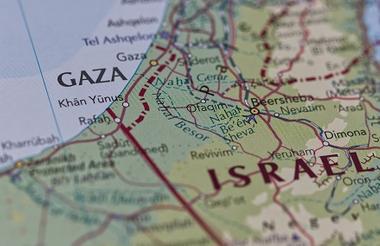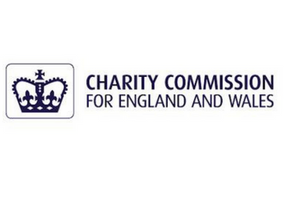The Charity Commission has said it will contact the attorney general over the legality of charities supporting beneficiaries in the occupied Palestinian territories (OPT) of the West Bank and Gaza.
Last week, the Guardian reported that approximately £5.7m had been transferred to an Israeli high school in the West Bank via two UK-registered charities between 2017 and 2021.
The commission did not block the payments but said it had sent guidance to both the Kasner Charitable Trust and UK Toremet Limited.
It is not illegal for charities to operate in the OPT, the commission said, but it has referred potential criminal matters to the police.
The commission said it would seek advice from the attorney general, whose office told Civil Society it had yet to receive a letter.
‘Complex legal issues’
A spokesperson for the commission said: “We know this is a highly contentious issue about which there are strongly held opposing views.
“The commission can only operate within our legal framework, and the fact that a charity operates in the occupied Palestinian territories does not in itself constitute a criminal offence or breach of charity law.
“This principle applies equally to any area in the world under the control of a non-state actor.
“Charities are able to carry out work in such areas, provided it aligns with their charitable purpose, is lawful, and is in the charity’s best interests.
“As civil regulator, the commission in line with its duties refers all potential criminal matters to the relevant law enforcement body for investigation, as we did in this case.
“Given the complex legal issues in relation to international law we are in the process of seeking renewed specialist advice from the attorney general.”
Contact with charities
The commission said it had undertaken three separate regulatory compliance cases involving UK Toremet since 2016 about its work in the occupied Palestinian territories.
Through this engagement, it said it issued the charity’s trustees with statutory guidance and an action plan, which included specific reference to the importance of compliance with the Geneva Conventions Act 1957.
The regulator said it also told trustees the government’s position that construction of settlements in the OPT is illegal under international law.
A spokesperson for UK Toremet said the charity had acted on the commission’s advice including decisions about how money for the Bnei Akiva High School would be allocated.
“UK Toremet is an English charity that is non-political, non-denominational and not driven by any political or ideological agenda,” they said.
“Since its inception in 2010, UK Toremet has received donations from tens of thousands of donors and has managed thousands of grants in support of the work of over a thousand grantees, in England and all over the world.
“Grants are made within the scope of English charity law, in accordance with UK Toremet’s own grantmaking policies and procedures, and subject to monitoring by the Charity Commission.”
Meanwhile, the commission said it engaged with the Kasner Charitable Trust in 2020, and, as part of that case, sought more details from trustees regarding the reporting of its grantmaking activities.
The commission said it issued trustees with statutory guidance on the importance of transparent reporting and intended to contact the trustees again to follow up on this matter.
Civil Society has contacted Kasner Charitable Trust for comment.
Related articles











